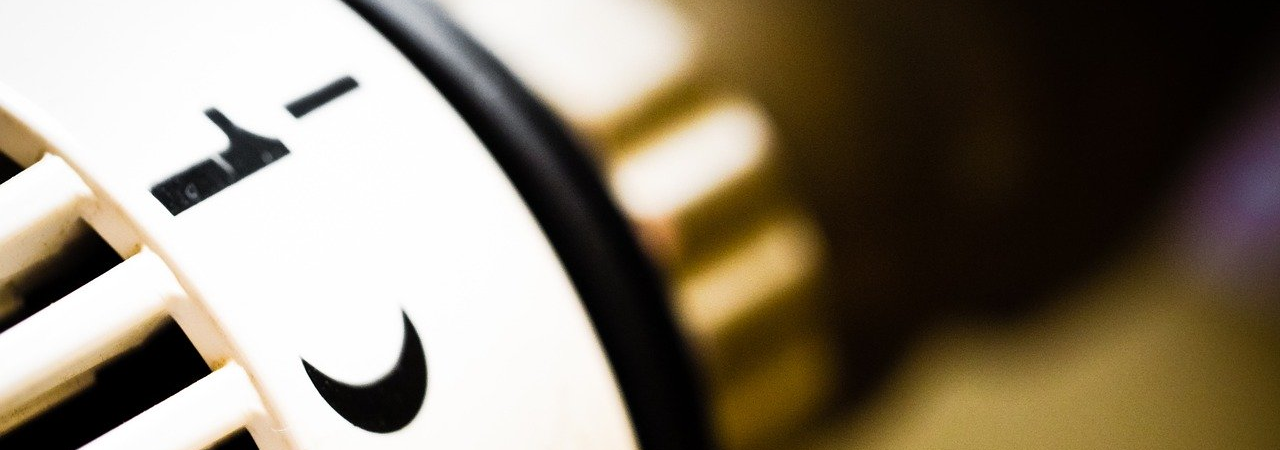Ceiling Leaks – More Damage Than You Can See?
When you think of ceiling leaks, you probably picture a huge patch of water spreading across the ceiling with a bucket underneath it.
However, even a small leak can cause significant damage to your home, as it could be a sign of a more severe problem. If you overlook water damage and damp patches, then you could find that they become major issues that cause structural damage to your property.
To help homeowners who are unsure of what to do when they find a ceiling leak and why they shouldn’t ignore them, we’ve put together this guide to understanding the importance of fixing ceiling leaks as soon as you find them.
Never Ignore A Ceiling Leak
Even a small leak could be a sign of more severe problems. Water will always travel to the lowest point, meaning that ceiling leaks often start in a different place to where the visible damage is. For example, water may run down a loft beam and across a ceiling before finally settling and forming a damp patch. This means the damage could be far more extensive than is immediately obvious.
As such, you should be proactive and always investigate any ceiling leaks you find, however small. That includes damp patches on the ceiling, minor water damage, and small drips. These seemingly small inconveniences could be a sign that there is a leak somewhere in your home, and that leak will only get worse if left alone.
Investigate The Cause
If you can, then you should try to investigate the cause of the problem. A range of different issues can cause ceiling leaks, so the first step is to access the space above the leak. If the ceiling leak is below the roof, then this could be a sign that your roof is damaged, particularly if the leak occurs after it rains and the water is brown and dirty. Check your roof and work with a roofing contractor to repair the leak.
However, if the water is clear and the leak occurs beneath your roof, then the issue is probably your home’s plumbing. If you can, check the pipes around the affected area to see which is damaged. If you can’t get to your home’s plumbing, or you don’t know what you’re looking for, then contact us, and our experts can trace the source of the leak and fix it for you, saving you time and hassle.
Using Thermal Imaging
In many cases ‘thermal imaging‘ is an ideal way to quickly locate the source of a water leak, without causing excessive damage. A thermal imaging unit will be able to detect tiny changes in surface temperature caused by water. This is far more preferable to manually excavating an area to try and find the source of a leak.
Check If Your Home Insurance Policy Covers The Cost
Many homeowners ignore small ceiling leaks and signs of water damage because they’re afraid of the cost of fixing the problem. However, if you leave a small issue, then it could become more serious. As a result, you could be paying even more to fix the fault in the future and your insurance company may contest any related claim (because you have not acted quickly enough).
In many cases, you may be able to claim back the cost of locating the leak through your home insurance policy. Trace and access cover means that your home insurer will cover the cost of locating the source of a water leak and exposing it. Be sure to check if your policy includes this.
Contact Us If You’re Unsure
If you notice a leak in your ceiling, then book an appointment with Pinpoint today. Our team can quickly detect the source of the water leak and can also repair the leak and any damage it has caused,

 Pinpoint Trace and Access Ltd.
Pinpoint Trace and Access Ltd. Pinpoint Trace and Access Ltd.
Pinpoint Trace and Access Ltd.